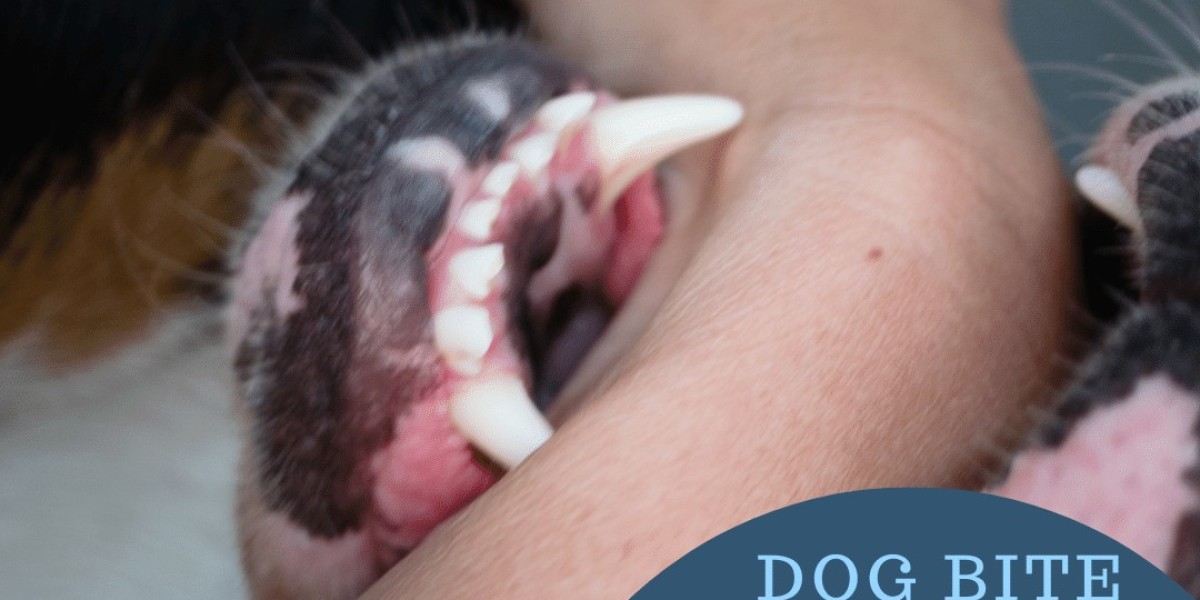When it comes to dog bite cases, understanding the legal concepts of negligence and strict liability is crucial. These two terms are often used in personal injury law to determine liability and compensation. If you've recently been involved in a dog bite incident, it's important to grasp the differences between negligence and strict liability and how they may impact your case. This blog post will provide you with an in-depth understanding of these legal principles.If you are involved in a dog bite accident and seeking legal assistance, it is crucial to find an experienced dog bite accident lawyer or a reputable dog bite law firm. They can navigate the complexities of your case and help you secure the compensation you deserve.
Negligence in Dog Bite Cases:
Negligence is a legal doctrine that addresses the failure to exercise reasonable care, resulting in harm or injury to another person. When it comes to dog bites, negligence can involve various factors, such as the dog owner's failure to properly control or restrain their pet, allowing the dog to roam freely in public spaces, or not taking appropriate precautions to prevent the dog from biting others.
To establish negligence in a dog bite case, four elements need to be proven:
1. Duty of Care: The dog owner had a duty to exercise reasonable care to prevent the dog from biting others.
2. Breach of Duty: The dog owner failed to fulfill this duty, either by not properly controlling the dog or by not taking necessary precautions.
3. Causation: The dog owner's breach of duty directly caused the dog bite incident.
4. Damages: The victim suffered damages, such as physical injuries, medical expenses, pain and suffering, or emotional distress.
To succeed with a negligence claim, the victim needs to prove that the dog owner's actions or lack thereof led to the dog bite incident and resulting injuries.
Strict Liability in Dog Bite Cases:
Strict liability is a legal concept that holds a party responsible for the damages incurred, regardless of their level of care or negligence. Unlike negligence, strict liability does not require proving that the dog owner acted unreasonably or failed to exercise due care.
In dog bite cases involving strict liability, the focus is on whether the dog bite actually occurred and whether the defendant is the rightful owner of the dog. If both of these elements are established, the defendant is held liable for the damages caused by the dog bite, regardless of their knowledge or negligence.
Strict liability laws regarding dog bites vary from state to state, so it's important to consult with a knowledgeable dog bite accident lawyer or dog bite law firm to understand the specific laws in your jurisdiction.
Choosing the Right Legal Representation:
When dealing with the aftermath of a dog bite accident, it is crucial to choose the right legal representation. An experienced dog bite accident lawyer or dog bite law firm will have a deep understanding of the laws surrounding dog bites, including negligence and strict liability concepts.
Their expertise will enable them to assess the specific circumstances of your case, gather evidence, negotiate with insurance companies, and advocate on your behalf to secure the compensation you deserve. Don't hesitate to reach out to a professional who can guide you through the legal process and protect your rights.








